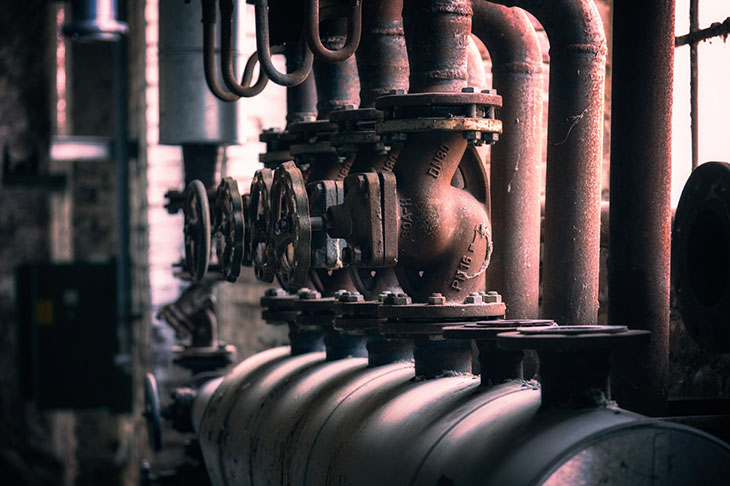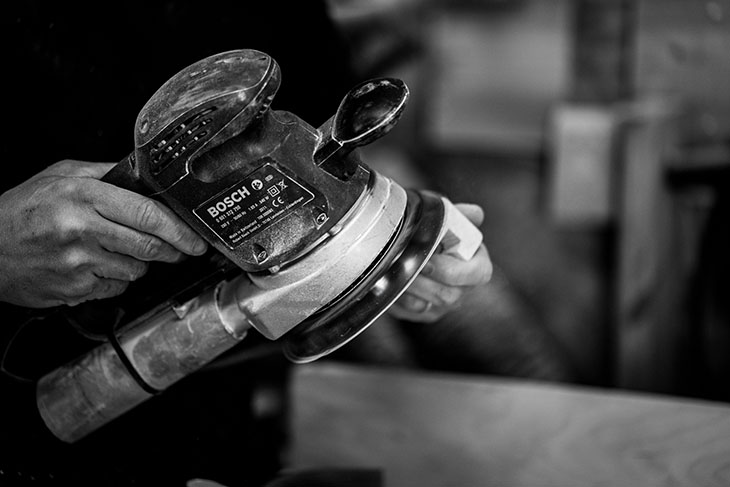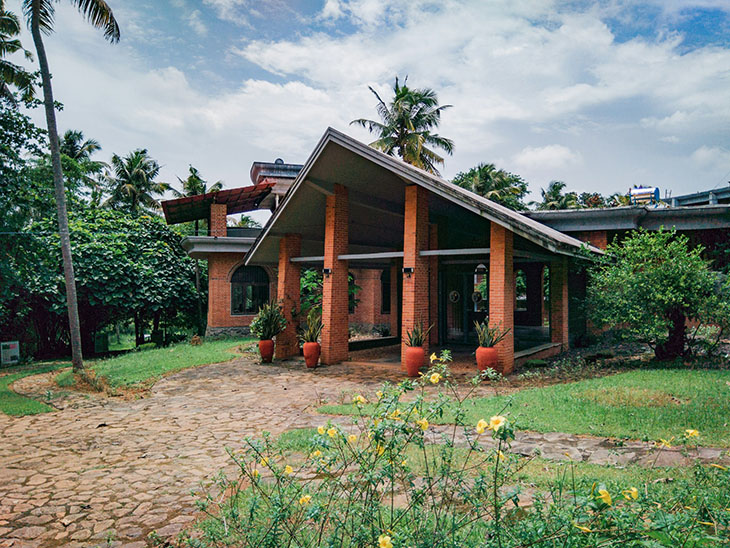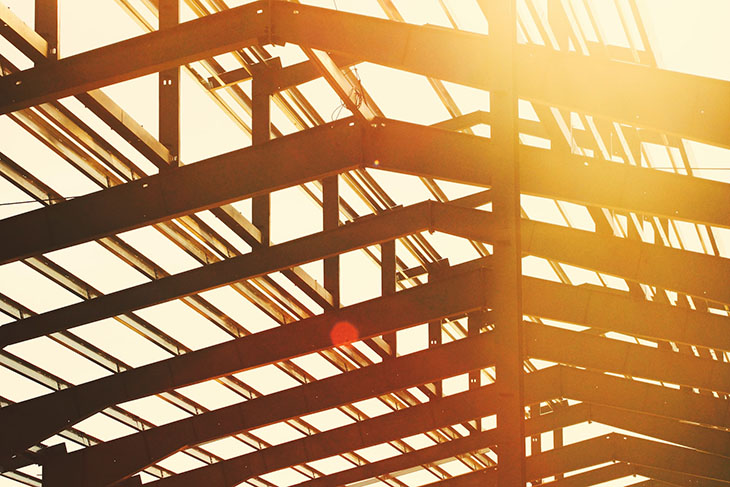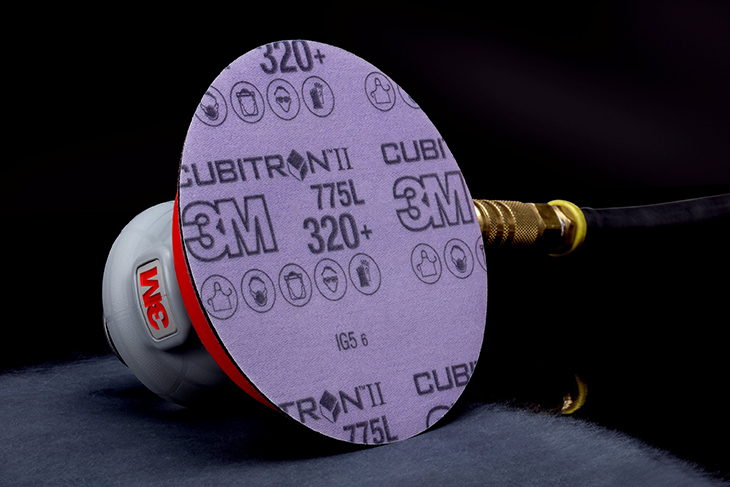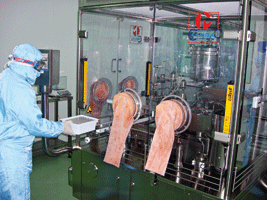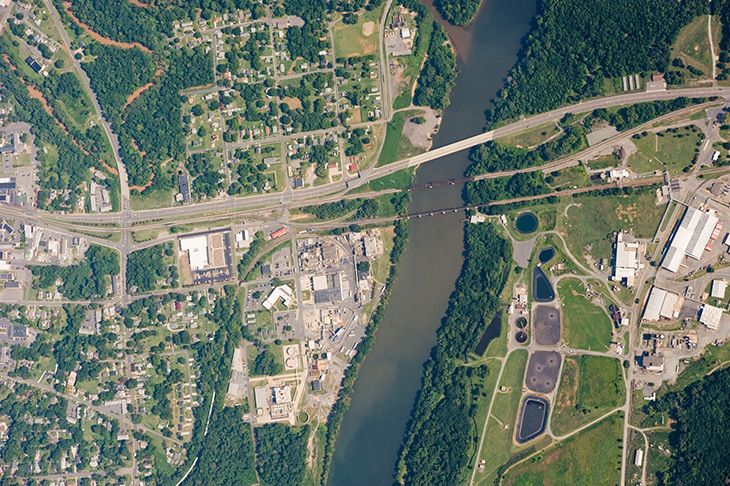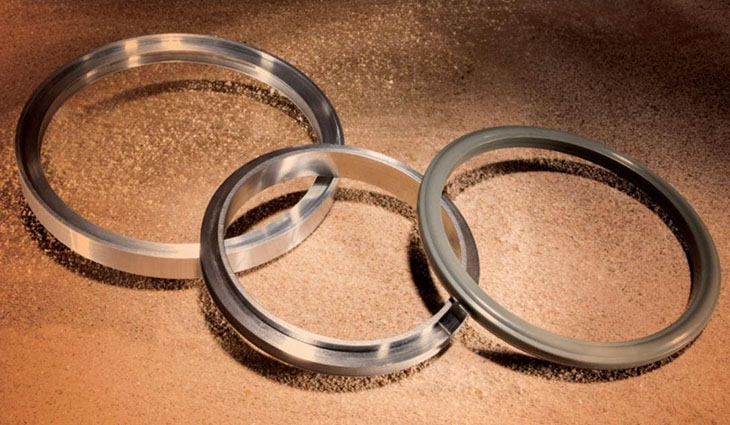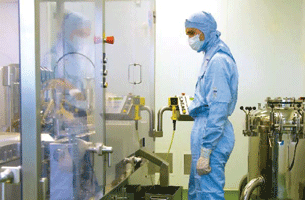A reliable boiler can last decades, but that doesn’t mean companies should leave their boiler room as is. Upgrading these facilities can yield substantial improvements, from additional industrial power to increased efficiency.
Boiler room improvements can be expensive and disruptive, so businesses should approach them carefully and with forethought. If you’re considering modernizing your facility, consider these factors before making a final decision.
Deciding When to Upgrade
Timing is one of the most important considerations. Industrial boilers have a life span of between 15 to 25 years, so if your system is nearing that benchmark, it’s time to consider replacements. However, it may make sense to upgrade before reaching the 15-year mark.
Review maintenance logs, fuel consumption and other performance indicators related to the boiler room. It may be more cost-effective to replace a system that needs frequent repairs, carries high fuel costs or struggles to meet optimal power outputs. This can also happen even in relatively new boilers due to neglected maintenance or poor manufacturing.
Calculating Costs
Another leading concern with boiler room upgrades is their expense. Most businesses will compare upfront costs, but it’s important to remember that ongoing costs can make a considerable difference, too. It may be more affordable in the long run to buy a more expensive boiler that carries smaller lifetime costs.
Boiler Efficiency
Boiler efficiency is one of the most important long-term expense factors to consider. Look for metrics like annual fuel utilization efficiency (AFUE) and combustion efficiency level when comparing options, preferring those with higher scores.
Federal Energy Management Program (FEMP) designation can help you find efficient machinery. A large-capacity boiler needs at least a 95% combustion efficiency level to receive FEMP designation. That level of efficiency will save money long term if the boiler is no more than $79,100 more than an 82% efficient model.
Higher boiler efficiency will also help companies meet sustainability goals. Power plants account for 40% of global CO2 emissions, so minimizing energy consumption is critical to reducing carbon footprints.
Maintenance Factors
A boiler’s maintenance needs will also impact its long-term costs. Things to consider here include how often a boiler will need to be fixed and how easy it is to perform these repairs. You may have to look through user reviews or ask companies who have implemented certain models to find this information.
Avoid boilers if users report having frequent maintenance issues, even if their upfront price is low. Minor issues like leaks and corrosion can increase fuel consumption, leading to higher costs.
You can minimize these ongoing expenses by adding predictive maintenance systems to your boiler room. These technologies use sensors to predict when your boiler will need repair, preventing breakdowns and unnecessary maintenance stops.
Determining Size Requirements
It’s also important to consider size requirements, in terms of the boiler itself and the space around it. Determine this by calculating your facility’s steam demands to see how much capacity you need. Remember to look for boilers that offer more than what your facility needs to leave room to grow.
Next, measure your boiler room to see your physical size restrictions. Modular boilers are often the best solution for meeting output and space requirements. These systems typically generate the same amount of boiler horsepower (BHP) in 50%-60% of the space. That gives you more room to install additional insulation or predictive maintenance systems to maximize efficiency.
Considering Safety
Efficiency, power and costs may come to mind first, but businesses shouldn’t overlook safety. Modern technology makes explosions rare, but steam pressure and electrocution still injure and kill employees in boiler rooms today. Look for features like real-time alerts, safety release valves and extra insulation to prevent these accidents.
Boilers with low water content are generally safer, as they heat faster and have less volume to create pressure. Modular systems may be ideal here, as they feature smaller units, decreasing the risks of pressure-related incidents in each module. Remember that human error causes many injuries, so ease of use can also be a safety measure.
Finding the Right Vendor
Once you’ve found the right system to meet your boiler efficiency, cost, size and safety needs, consider the vendor. Multiple stores may sell the same equipment but likely offer different prices or services.
Most importantly, you should only buy from trusted, verified vendors. Any company with poor or no reviews is too large of a risk to do business with, especially with something as expensive and potentially dangerous as a boiler.
Warranties are another factor to look for. One-year warranties are standard for most commercial boilers, but some vendors might offer longer ones. That can help offset costs should something happen, so take them if they’re available.
Capitalize on Boiler Room Efficiency
Boiler room upgrades can be intimidating. However, you can make the right decision without much stress once you know what to look for. Follow these steps to find the best boiler and surrounding system for your company’s needs.









